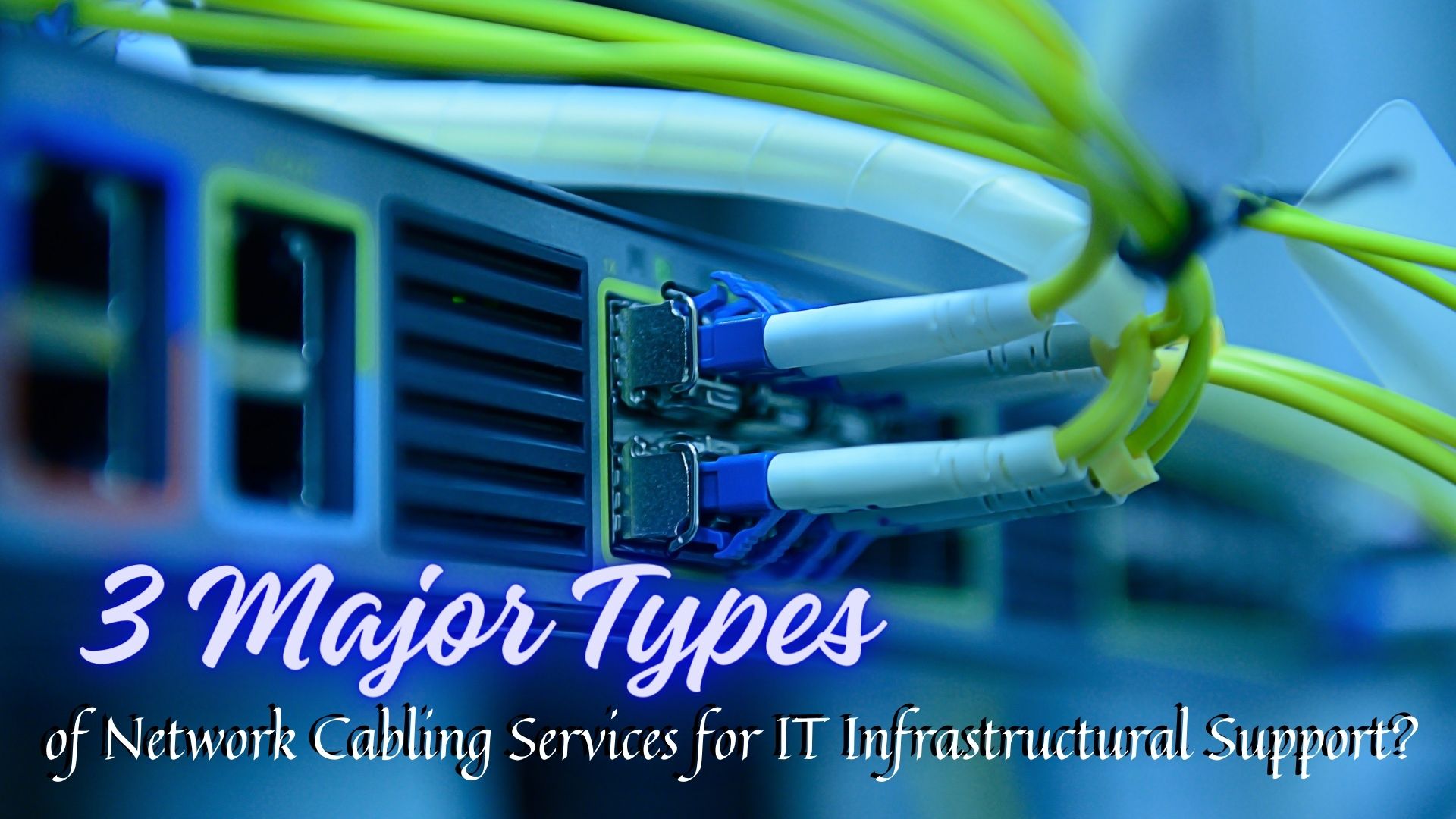In the fast-paced world of information technology, network cabling services have become essential for any business’s IT infrastructure. As data demands increase, so does the need for reliable and high-speed network connections. Three major types of network cabling services are offered today by the best network cabling company in Canada: Data Cabling, Fiber Optic Cabling, and Voice Cabling. Each of these plays a crucial role in ensuring seamless communication and data transfer within a network.
Data Cabling
Data Cabling, also known as Structured Cabling, is a system designed for the consistent transmission of data across various devices and locations. This type of cabling is crucial for businesses that rely on data-intensive applications and need to ensure a reliable network infrastructure.
Data cabling services include the installation of copper cables such as Cat5e, Cat6, and Cat6a, which are commonly used for networking purposes. These cables are capable of supporting high-speed data transmission and are ideal for connecting devices such as computers, servers, and network switches.
The installation process of data cabling requires careful planning and execution. This includes the layout of the cables, the selection of appropriate connectors, and ensuring that the cables are properly terminated. Professional cabling services can help businesses design and implement an effective data cabling system that meets their specific requirements.
Fiber Optic Cabling
Fiber optic cabling is another of the best network cabling service in Canada that has gained popularity in recent years. This cabling system uses thin strands of glass or plastic fibers to transmit data in the form of light pulses. Fiber optic cables offer several advantages over traditional copper cables, including higher data transfer speeds, longer transmission distances, and resistance to electromagnetic interference.
There are two types of fiber optic cables: single-mode and multi-mode. Single-mode cables are used for long-distance transmission, while multi-mode cables are typically used for shorter distances. Both types of cables are capable of transmitting data at incredibly high speeds, making them ideal for data centers and other high-performance networking environments.
Fiber optic cabling services include the installation, testing, and maintenance of the fiber optic network. This requires specialized knowledge and equipment, as fiber optic cables are more delicate and require careful handling during the installation process.
Voice Cabling
Voice cabling, also known as telecommunication cabling, is used to transmit voice signals over a network. This type of cabling is essential for businesses that rely on phone systems for communication. Voice cabling services include the installation of telephone lines, jacks, and other related equipment.
Voice cabling systems are typically based on copper cables, such as Cat3 or Cat5e. These cables are capable of supporting voice communication and are commonly used in offices and commercial buildings. The installation of voice cabling requires careful planning and execution to ensure that the cables are properly terminated and connected to the appropriate devices.
Conclusion
Network cabling services are essential for the smooth operation of any IT infrastructure. By selecting the appropriate cabling services for their specific needs, businesses can ensure a robust and efficient network infrastructure that supports their operations and helps them stay competitive in the digital age.


